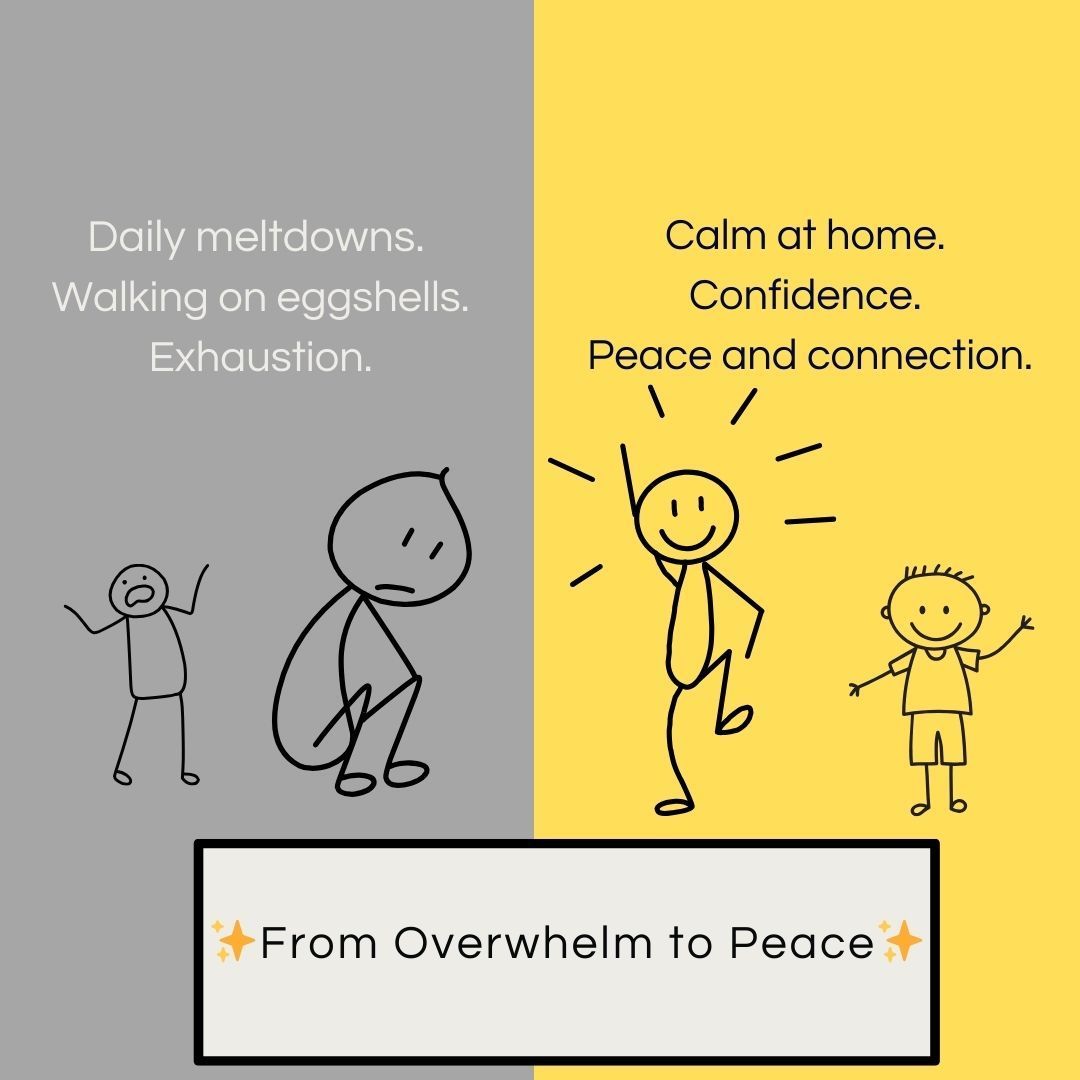From Overwhelm to Peace; A New Group Coaching Program for Parents of Highly Sensitive Kids
Ceara Deno, MD • September 16, 2025
Schedule A Free Call
From Overwhelm to Peace; My New Group Coaching Program for Parents of Highly Sensitive Kids

Parenting a highly sensitive child is a gift—but it can also feel overwhelming.
If you’re like many parents I talk to, your days may be filled with:
Meltdowns that leave you drained
Power struggles over the smallest things
Constant second-guessing of your parenting choices
Walking on eggshells to avoid “setting your child off”
It’s exhausting, and it can feel so isolating. You love your child deeply, but sometimes you just wish parenting could feel easier, calmer, and more joyful.
You’re not alone. 🌱
What If Parenting Could Feel Different?
Imagine shifting from…
😣 Daily meltdowns → 🌿 More calm at home
😣 Feeling stuck and unsure → 🌿 Confidence in your parenting
😣 Exhaustion and stress → 🌿 Deeper peace and connection with your child
That’s what’s possible when you have the right tools, understanding, and support.
Introducing: From Overwhelm to Peace
An 8-week group coaching program designed specifically for parents of highly sensitive kids.
In this small, supportive group, you’ll learn how to:
✨ Respond to meltdowns without escalating the conflict
✨ Break free from daily power struggles
✨ Understand your child’s emotional world with empathy
✨ Build confidence in your parenting choices
✨ Create more peace, connection, and joy in your home
You don’t have to figure this out alone. This group is a space to learn, grow, and be supported by others who get it.
Enrollment Closes On Sunday, 9/21/2025
Enrollment for this round of the program closes in just a few days, on September 21st, 2025. Once the doors close, they won’t reopen until the next round—so if you’ve been thinking about joining, now is the time.
A Final Word
If you’re parenting a highly sensitive child, you already know the challenges are real—but so is the opportunity for deep connection and growth. With the right tools, parenting can feel less like constant survival and more like the peaceful, confident relationship you long for.
I’d love to walk this journey with you. 💜












